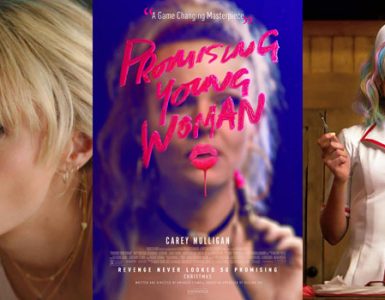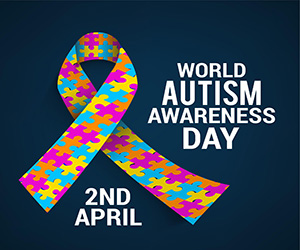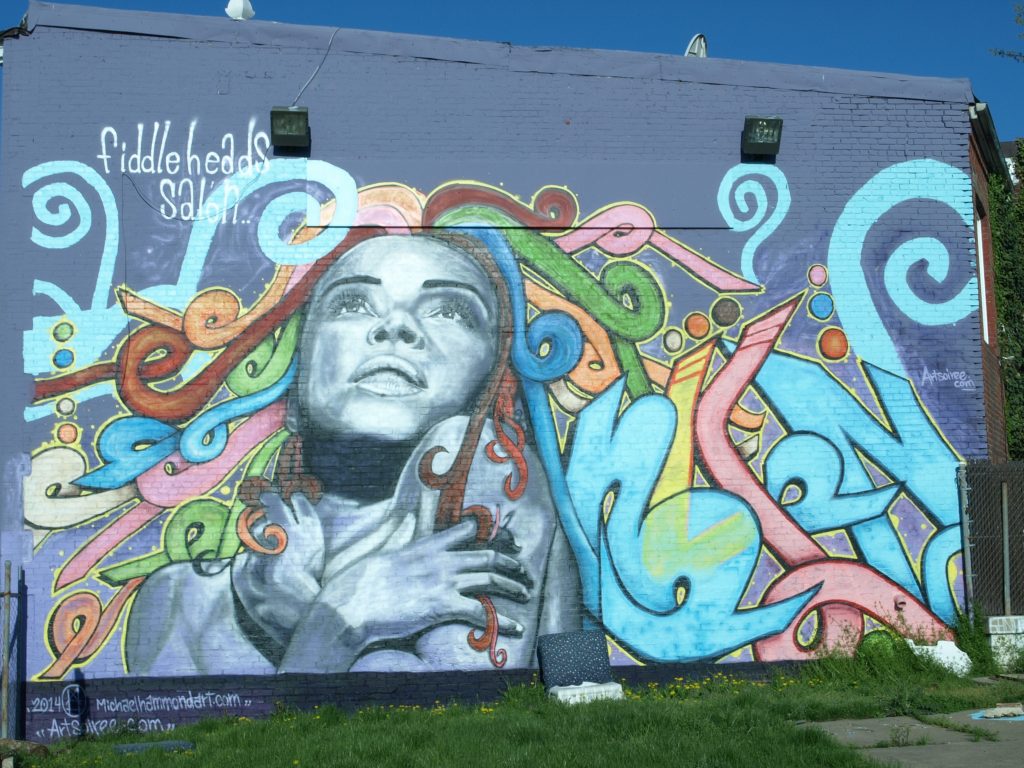I was initially excited at the thought of a Fred Hampton film. I knew about it long before it even had a name. Shot in Cleveland, a family friend was working on the film. Ryan Coogler’s attachment gave the impression that the story would be handled with care. Imagine my dismay learning the story would be told from the perspective of coward, er government informant, Bill O’Neil. While watching The United States vs. Billie Holiday, I quickly learned that it was largely about government pawn, umm, “agent” Jimmy Fletcher. A bit deceptive that it was left out of the previews. However, Andra Day’s phenomenal performance made up for that. THEN, I learned that Winston Duke (Black Panther) was cast as Marcus Garvey in an Amazon project that was set to be about, you guessed it, another government informant. It’s obvious that this isn’t a coincidence. So what is the deal?
Hollywood latches on to one subject and milks it for all it can. Film is a billion dollar industry, execs will stop at nothing for a cash grab. This isn’t a new concept. Surf’s Up, March of the Penguins, Happy Feet were all released within a year of each other. The subject matter? Talking penguins. Remember that weird phase where filmmakers were obsessed with Abe Lincoln? 2012 gave us Lincoln and Abraham Lincoln: Vampire Hunter. After Aretha Franklin passed, movie studios scrambled to be the first to release a biopic about her. COVID-19 halted that for now. There are still versions of the film, Jennifer Hudson leading one, and Cynthia Eviro headlining the other, waiting for release. These examples are innocent enough, but what happens when it turns? In the case of Black film, we get an abundance of movies about slavery, gang life, police brutality, and now, government informants.
For me, the sudden interest in Black informants can be traced back to 2019’s Queen & Slim. I detail my frustrations with the film HERE. *SPOILER ALERT* The film ends with Queen & Slim being gunned down by police because a gold-toothed coon decided to snitch on them for a payday. My initial reaction was that the continuous traumatization of Black bodies being viciously murdered at the hands of police in film is unnecessary. I never could have imagined that little twist of mediocre story writing would become the launchpad of a whole new genre of despair. Only now, the characters are real. Fred Hampton, Billie Holiday, and Marcus Garvey are idols. In the age of BLM protests, we certainly could not have had a film solely about Fred Hampton and the good he did in his community. It would be adding fuel to the political fire.
There isn’t a White savior, but there also isn’t a Black one. The difference is slave and police brutality films blatantly depict the harm inflicted on Black people at the hands of Whites. Informant films cannot completely alleviate White guilt. However it can say “look at what you Blacks have done to each other.” Becoming the equivalent of the Black on Black crime delusion. Studies show that a criminal will commit a crime among the people in closest proximity. Which means if the criminal is Black and lives in a predominantly Black neighborhood, the victim will statistically be Black. The same goes for a White criminal in a White neighborhood. This is only a race issue when talking about urban (i.e Black or Brown) areas. High crime rates in white communities aren’t deemed “White on White.” It is a way to further demonize people of color.
Black directors and writers are being used to further the narrative. Ryan Coogler and Lee Daniels are two very prominent directors. They’re known in the Black community for Black Panther and Precious, respectively. Naturally, they will be the draw for Black people to want to see these films. It is bittersweet to see them get the work while also being disappointed by the subject matter. For the record, I don’t place blame on actors, directors, or writers, for accepting the work (except Lena Waithe, she knows what she did with Queen & Slim). The road to Black people being able to exist in the film and TV industry is a trying one. Where I do take issue, is the fact that there are not enough Black faces, if any, sitting in the board rooms. Ignoring the effects of when children only see the people that resemble themselves as slaves, thugs, informants.
At the end of the day, I don’t give a damn about what Bill O’neal or Jimmy Fletcher went through. The glamorization of Black men being used as government pawns is pathetic at best. It sends a very particular message to the White audience. Black film deserves the freedom to depict history without caveats. A viral tweet stated that the last person to be brought to the US on a slave ship died in 1940. People quickly began to pose questions. What was her story? She lived through so much political change that happened in a short period of time. Did she know the impact of everything happening then? Imagine the films that could be made that use slavery or the Civil Rights Movement as a place or time, but not the whole story. It is fantastically executed in Lovecraft Country. We have the stories, we just need the support.



















Add comment